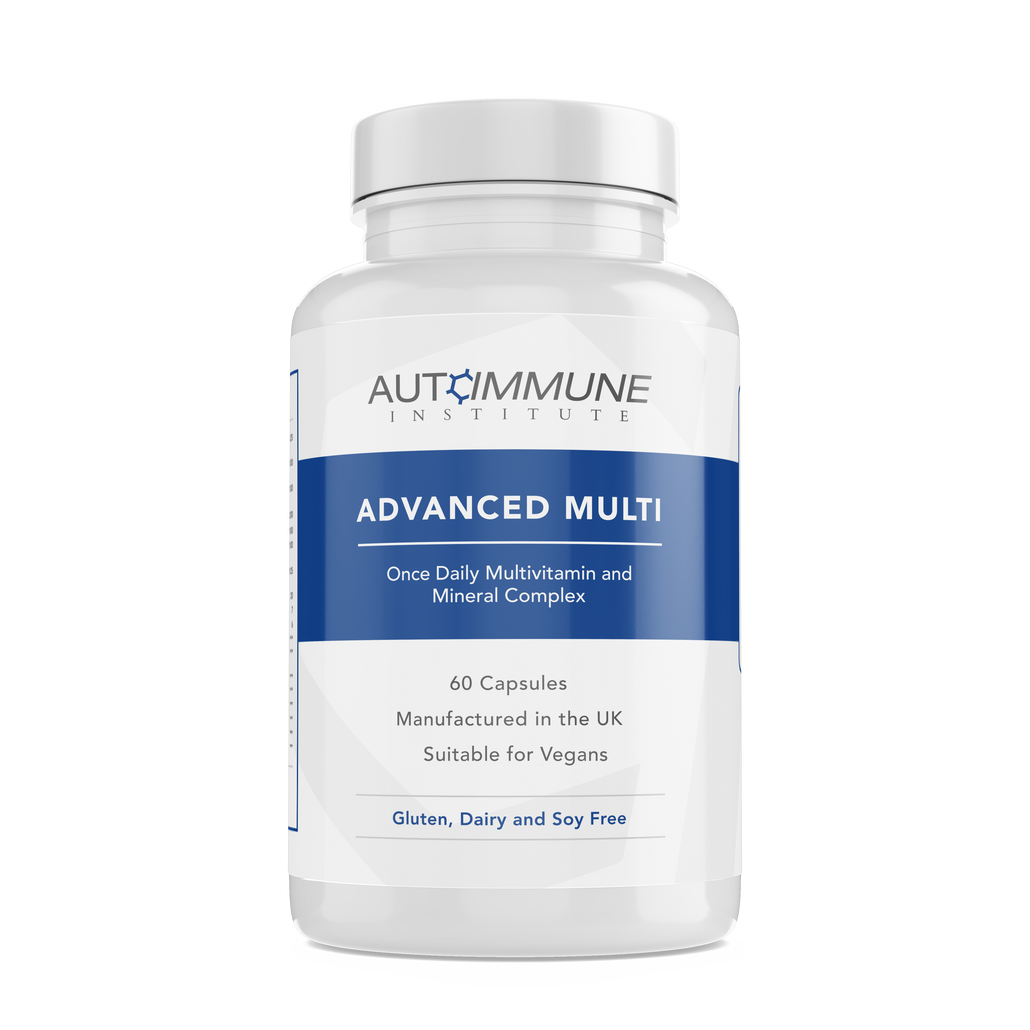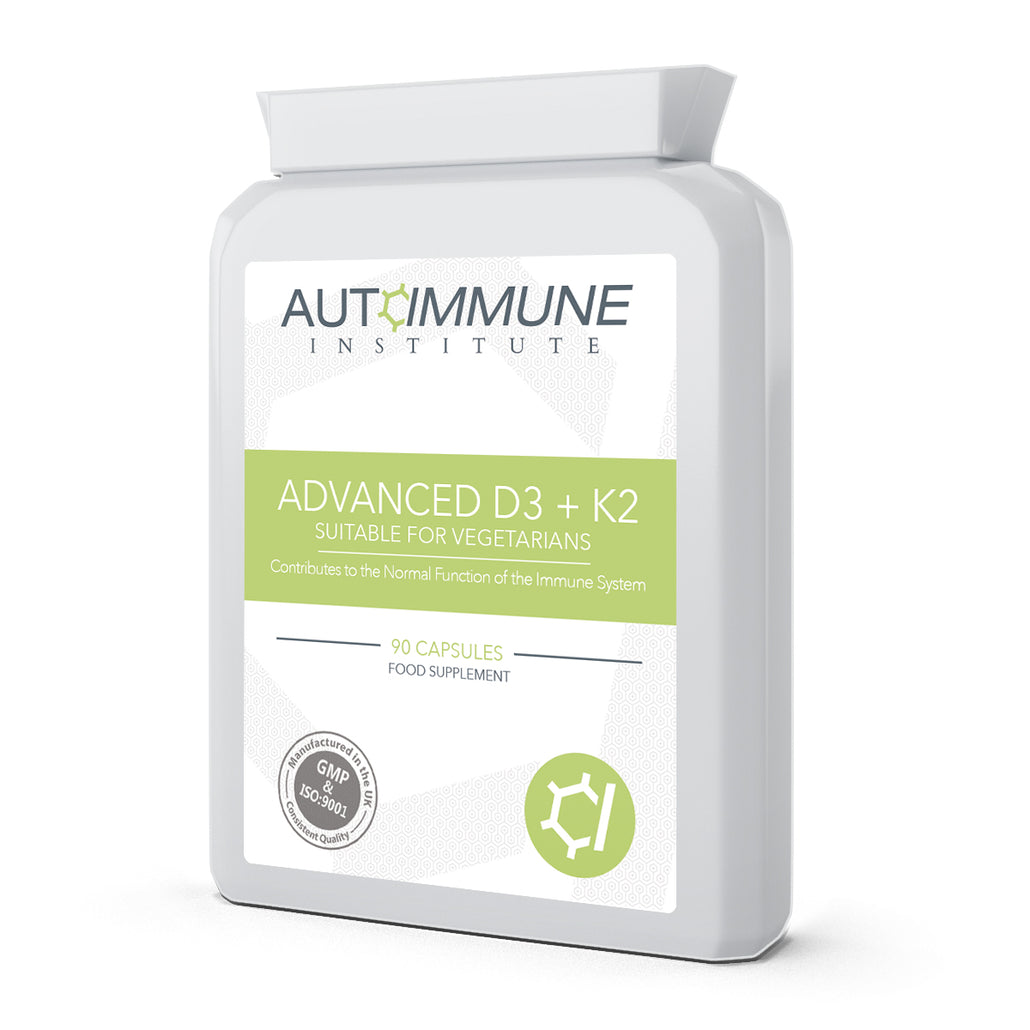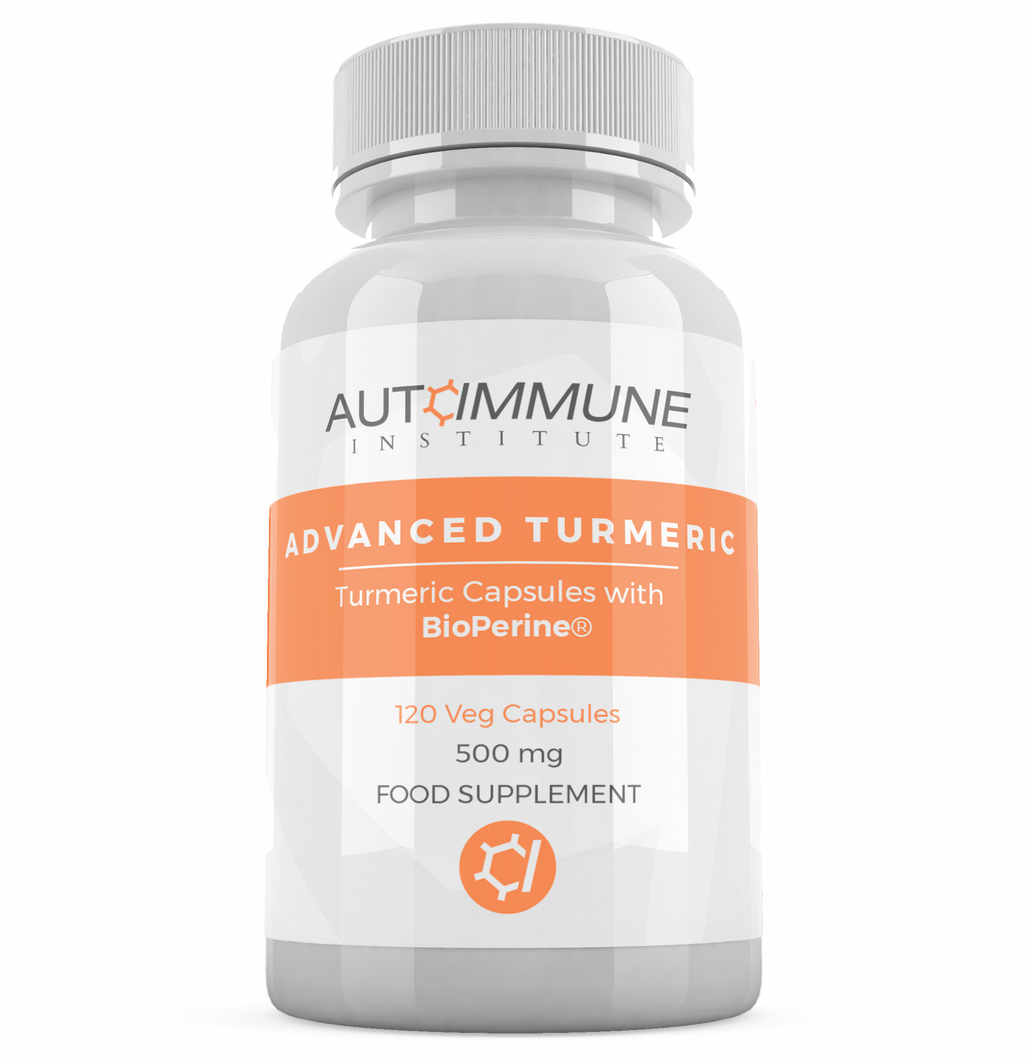- Health Solutions
- All Products
- Ultra Maca *NEW*
- Advanced Collagen V2
- Advanced D3 + K2
- Advanced Deep Sleep
- Advanced Digestives
- Advanced Fish Oil (Capsules)
- Advanced Glucosamine / Chondroitin Complex
- Advanced Lotus Spike Acupressure Mat
- Advanced Magnesium
- Advanced Multi
- Advanced Turmeric
- Advanced Vitality
- Prime FemFlow
- Pure BeeComplex
- Pure Bowel Relief
- Pure Flora V2
- Pure MetaBoost
- Pure Rest + Reset
- Ultra ProSupport
- Gift Cards
- Support
- Sign in
7 little-known facts about vitamin D you should know
You’ve likely heard about the benefits of the “sunshine vitamin” (vitamin D), and how it can work wonders for your overall health.
That’s true — but there’s something important you need to know before taking it.
And I’ll cover this in a moment.
See most people only start paying attention to their Vitamin D levels when they’re deficient.
Often, they’re only aware that their levels are low when they experience symptoms like:
- Depression
- Mood swings
- Getting colds more often than usual
- High blood pressure
- Diabetes
- Fragile bones...
Luckily, there are ways to prevent Vitamin D deficiency…
To give your body the nutrients it needs to be healthy, happy, and full of vitality.
Here are 7 facts you should know about increasing Vitamin D:
#1. Getting Vitamin D from the sun can be dangerous.
It’s true that when your skin gets exposed to sunlight, it produces vitamin D.
But the problem is these sun rays can be extremely dangerous for your skin.
Sunburns are a major risk factor for skin cancer and premature ageing of the skin.
So if you do get most of your vitamin D from the sun, try not to spend longer than 15-20 minutes out in the direct sunlight (without sunscreen).
Because of that dermatologists suggest getting additional Vitamin D through supplementation or by eating fortified food — instead of risking excessive sun exposure.
#2. Most windows block sun rays.
Most house, commercial, and car windows are designed to block ultraviolet B (UVB) rays.
So even if you want to protect your skin and decide to sit in front of a sunny window…
It’s highly unlikely you’ll get any vitamin D this way.
#3. Vitamin D can help with postmenopausal cholesterol issues.
Many women see an increase in cholesterol when they go through menopause.
Even those who’ve never had any issues with their health before.
In 2014, a group of scientists in Philadelphia went on a quest to see if there was any link between cholesterol control and vitamin D in women going through menopause.
The study lasted for 2 years.
And those ladies who took vitamin D supplements significantly dropped their bad cholesterol levels and increased their good cholesterol levels.
#4. Vitamin D3 supplementation is more effective than D2.
Vitamin D2 and D3 are not equal when it comes to raising your levels of vitamin D.
The liver metabolises D3 better so it showed to be more effective at increasing vitamin D level in your blood.
Scientists have also raised concerns that vitamin D2 is more sensitive to humidity and changes in temperature.
As such, vitamin D2 supplements may be more likely to degrade over time.
So if you are taking vitamin D supplements, consider choosing vitamin D3.
#5. Vitamin K increases the impact of Vitamin D.
While you still get benefits taking Vitamin D by itself, you’re missing out on all the benefits if you’re not taking it with Vitamin K.
When Vitamin D gets into your bloodstream it helps your body to absorb calcium.
But when calcium is absorbed, Vitamin D has no control over where Calcium goes.
And that’s where Vitamin K steps in.
It helps calcium get in the right places to keep your body strong and healthy.
#6. High levels of Vitamin D = fewer falls at home.
Because Vitamin D is responsible for the absorption of calcium and getting it to your bones and muscles…
It’s important for proper muscle performance, especially as we age.
That’s why back in 2015 scientists in North Caroline looked at the correlation between vitamin D deficiency and the number of falls at home in older adults.
And to the surprise of the research group, people who increased their Vitamin D levels from insufficient to normal had fewer fall accidents at home.
Sure, you might not feel weakness in your bones and muscles yet.
But early insurance is always a smart move.
#7. Struggle with muscle twitching? Vitamin D can help.
As I mentioned in the point above, Vitamin D is responsible for proper muscle function.
Some research suggests that little muscle abnormalities like twitching, cramping, and smashing might be a sign of low levels of Vitamin D.
I hope this post has helped you to separate fact from fiction when it comes to vitamin D supplementation.
Now that you know how important healthy levels of vitamin D are, you can take steps to protect your health — and the health of your loved ones.
Luckily lots of food staples these days are fortified with vitamin D (milk, cereal, bread, etc)…
So if you eat these there is a chance you’re getting some vitamin D into your body.
But if you want to make sure you keep your bones and muscles strong and healthy…
And want to have Vitamin D insurance...
Then check out our Advanced Vitamin D + K formula in capsules.
Speak soon!
Products Recommended For You...
OUR FEATURED
Follow
* Results Not Typical. All discussion about results on this website are based on individual findings where each circumstance is completely unique and may not be similar or the same as you. These products are not intended to diagnose, treat, cure or prevent any disease. The information on this Web site or in emails is designed for educational purposes only. It is not intended to be a substitute for informed medical advice or care. You should not use this information to diagnose or treat any health problems or illnesses without consulting your doctor.- Products
- Search
- Contact
- Privacy Policy
- Website Terms
- Wholesale
- Ambassador Programme
- Login
- Shipping & Return Policy
© 2025 Autoimmune Institute.
71-75 Shelton Street Covent Garden, London WC2H 9JQ United Kingdom. Wellness Autoimmune Ltd. All rights reserved.








